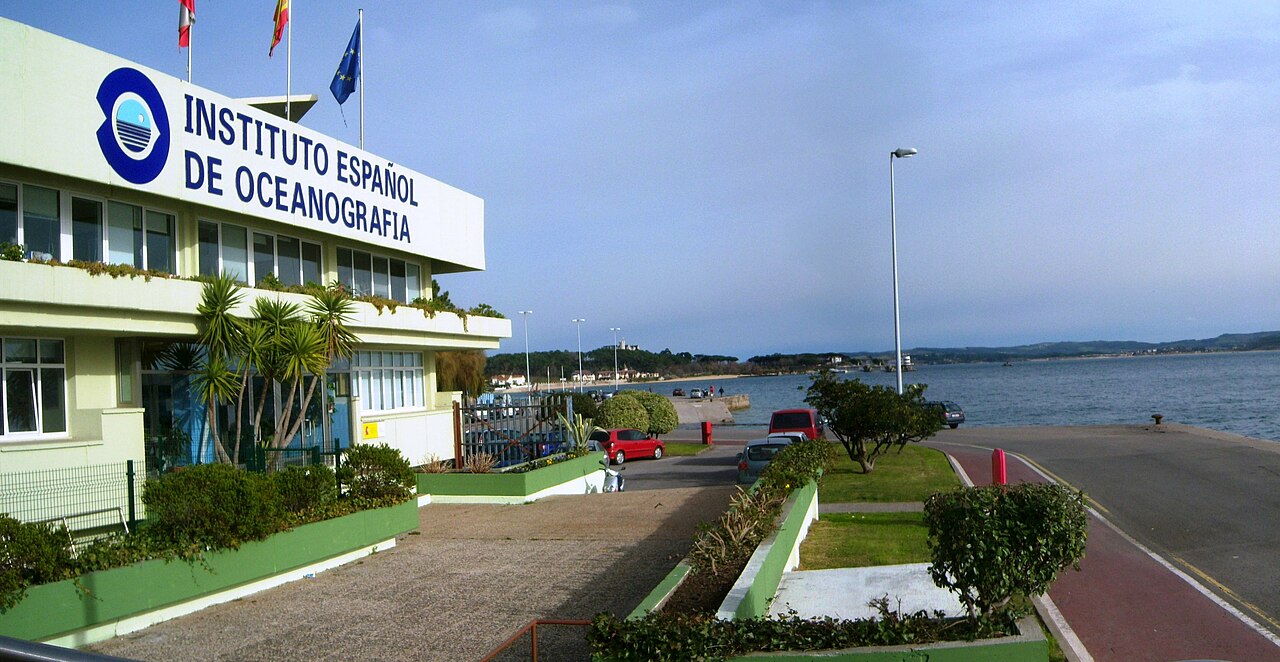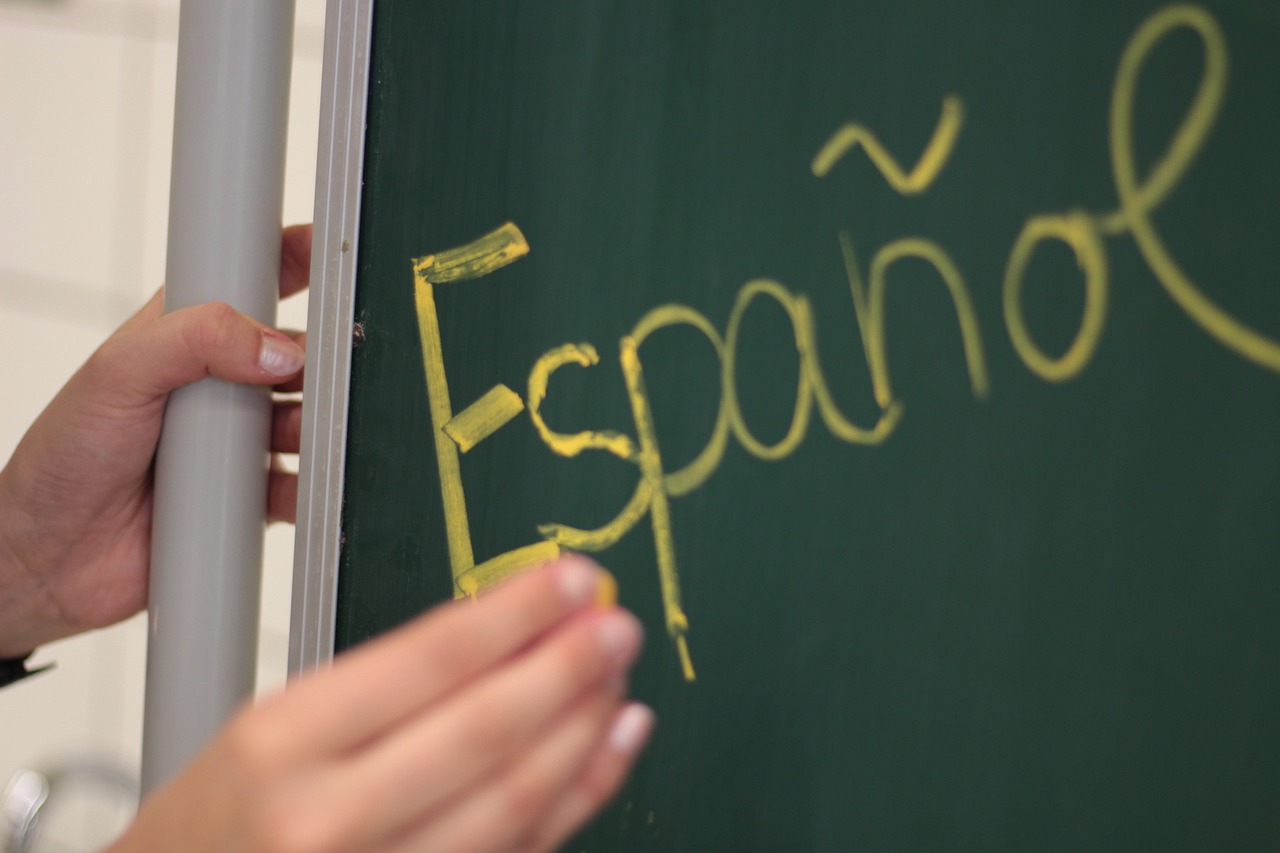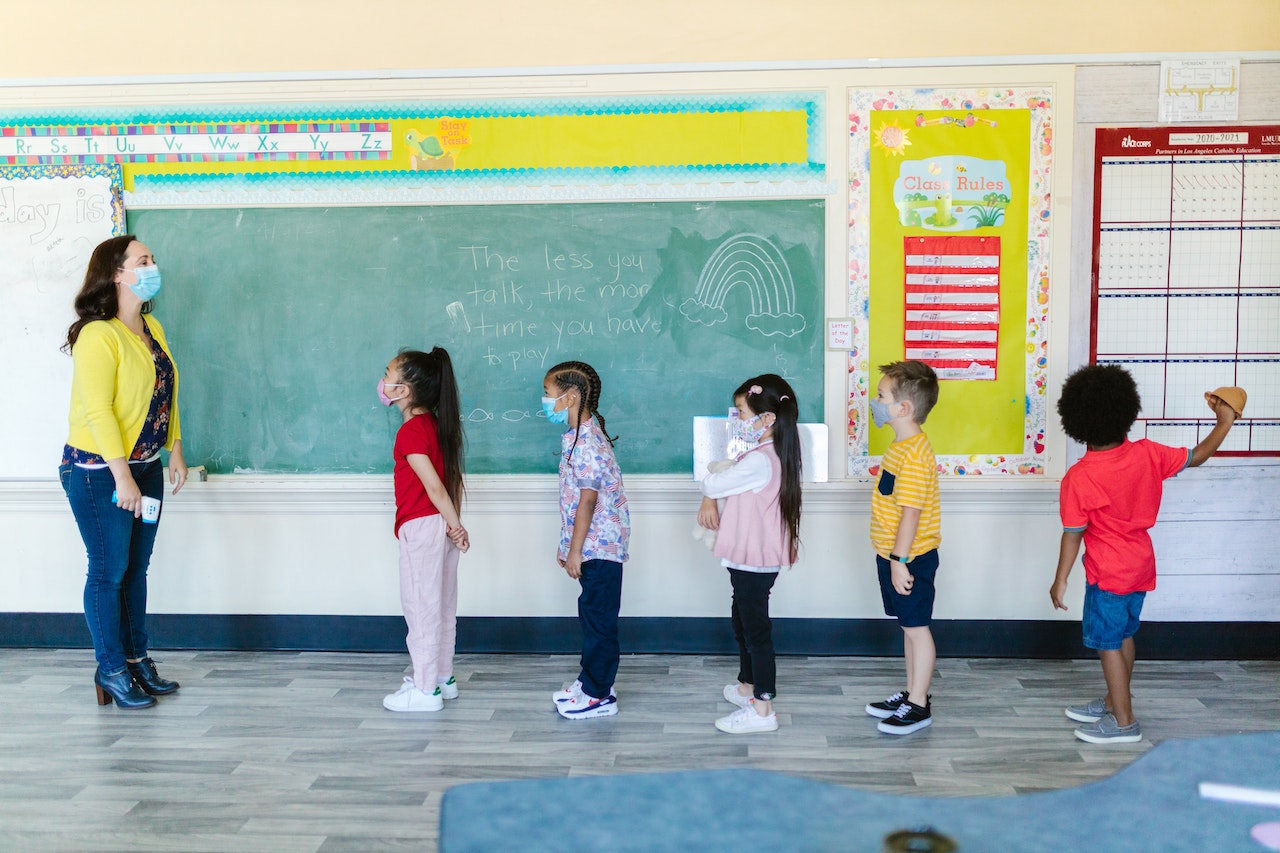Education plays a vital role in shaping societies and empowering individuals. In Spain, a country known for its rich cultural heritage and vibrant lifestyle, the education system reflects a commitment to providing quality education and fostering intellectual growth. In this article, we explore the key aspects of the education system in Spain, highlighting its structure, educational stages, and initiatives aimed at nurturing well-rounded individuals ready to contribute to a globalized world.
Comprehensive Structure
The education system in Spain follows a comprehensive structure that encompasses both compulsory and optional education stages. The system is divided into four main levels: Early Childhood Education (Educación Infantil), Primary Education (Educación Primaria), Secondary Education (Educación Secundaria Obligatoria), and Tertiary Education (Educación Superior). This structure ensures a smooth transition for students from early childhood to higher education and beyond.

Compulsory Education
Compulsory education in Spain covers students aged 6 to 16 and includes both Primary Education (ages 6 to 12) and Secondary Education (ages 12 to 16). This period is crucial for students’ foundational learning and personal development. The curriculum during these stages focuses on core subjects such as mathematics, science, languages, social studies, and physical education. Additionally, students have the opportunity to explore elective subjects based on their interests.
Specialized Secondary Education
After completing compulsory education, students in Spain have the option to pursue specialized secondary education. This stage offers diverse paths, including Bachillerato (academic-oriented), Formación Profesional (vocational training), and Artes Plásticas y Diseño (arts and design). Bachillerato prepares students for university studies, while Formación Profesional equips them with practical skills for various professions. These paths cater to different talents and aspirations, ensuring a well-rounded education system.
Tertiary Education
Tertiary education in Spain comprises universities and higher education institutions that offer undergraduate and postgraduate programs. Universities in Spain provide a wide range of academic disciplines, allowing students to pursue their chosen fields in depth. The country boasts several prestigious universities, including the University of Barcelona and the Complutense University of Madrid, known for their quality education, research opportunities, and international collaborations.
Bilingual Education and Language Learning
Language learning is an integral part of the education system in Spain. Alongside the national language, Spanish, various autonomous regions promote the use of regional languages, such as Catalan, Basque, and Galician. Many schools also offer bilingual education programs, where subjects are taught in both Spanish and another language, often English. This emphasis on multilingualism prepares students for a globalized world and opens doors to international opportunities.

Cultural and Extracurricular Activities
The education system in Spain recognizes the importance of holistic development and encourages participation in cultural and extracurricular activities. Schools often organize events, field trips, and competitions that expose students to arts, music, sports, and community engagement. These activities foster creativity, teamwork, and personal growth, complementing the academic curriculum and shaping well-rounded individuals.
The education system in Spain embraces a comprehensive approach, ensuring that students receive a well-rounded education and are prepared for future challenges. From compulsory education to specialized secondary paths and tertiary education, the system caters to diverse talents and aspirations. With a focus on language learning, cultural activities, and extracurricular engagement, students in Spain develop not only intellectual skills but also interpersonal qualities that contribute to their personal growth. As Spain continues to embrace educational innovation and adapt to a changing world, its education system plays a pivotal role in nurturing knowledge, fostering critical thinking, and cultivating future leaders.
